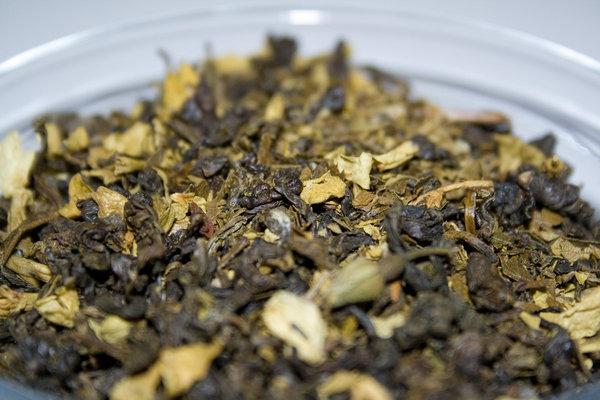Brewing Tea the Asian Way

I've encountered a lot of folks who don't like the flavor of green tea, or any tea really, but I believe that in many cases, they just
have never had tea that had been infused properly. With each kind of tea pretty much having its own unique method of preparation, it's simple to get why it is that people might not know the best method to make their tea. And committing a small number of important mistakes will give you a bad cup of tea. No worries, though, since you can basically employ almost any method for almost any style of tea. There are merely a small number of critical points to be aware of and I will indicate those below for a few of the more widely drank teas.
Let's start with the easy one. Most men and women have no difficulty brewing a delicious cup of black tea. Basically, use boiling water and allow the leaves to steep for 2-3 minutes. This method will work well for Assam tea and all of the widely consumed Chinese teas, Ceylon teas or Nepalese teas. Darjeeling tea should not be prepared employing this method, however. Owing to the fact that it is pretty much an oolong tea, which means it is not fully oxidized, it should be brewed employing cooler water (80-90ºC or 180-194ºF).
Green tea is not quite as easy to brew the right way, given the great difference of different varieties and the great difference in brewing methods. The factors you need to get right more than anything, are the steeping times and the water temperature. 80°C (176°F) is the best temperature for steeping most green teas.
That temperature is too high for the best Japanese green tea gyokuro, though, since its delicate leaves demand much cooler water of 50°C–60°C (122°F–140°F). The Japanese tea Houjicha, which is roasted, is also an exception. Perhaps the most difficult possible tea to screw up, it can simply be brewed employing 100°C water. The instructions indicated on the package will tell you a good place to start when it comes to steeping times. For those who don't have the packaging or if there are no instructions given there, simply try beginning with a steeping time of two minutes for most other teas and one and a half minutes for gyokuro.
There is one green tea that is entirely unlike all the rest and that must not be prepared employing the suggestions I wrote above: Matcha green tea powder. As it comes in powder form, it is made employing distinctive utensils and a distinctive and quite involved way of preparation. If you have ever before had the pleasure of viewing a Japanese tea ceremony, you've witnessed the preparing of matcha. I could fill a book with instructions on the way of preparation of matcha, but I'll save that for another piece.
Also quite a bit more challenging to make well is white tea. The leaves are quite delicate, so it necessitates an even lower water temperature than green tea. 75-80°C (167-176°F) is best for both White Hair Silver Needle and White Peony teas. I'd start with a steeping time of 2-3 minutes and adjust until you're happy with the result. To get your tea more astringent, increase the steeping time; to get it less bitter, decrease it.
The hardest variety of tea to prepare in the right way, after matcha, is oolong tea. Traditionally, they are made using a heaping amount of leaves and very quick steeping times over a large number of infusions. You'll be able to get a great cup by employing standard methods, however. Just be mindful that the water temperature is a little under the boiling point and your tea will taste great.
I am aware the guidelines I've provided above are quite basic. It goes without saying, the best results are achieved by using the specific preparation instructions for each specific kind of tea. In the absence of the correct instructions or implements, employing my instructions will give you an enjoyable cup, no matter the kind of tea you are using. Tea is the most consumed drink on earth, not counting water and I hope you will give it one final taste, if you are one of those folks who have heretofore determined they don't like the taste of it. Tea is incredibly delicious and healthy and well worth trying many times, until you stumble on a variety and a method of preparation that gives you exactly what you're looking for.

